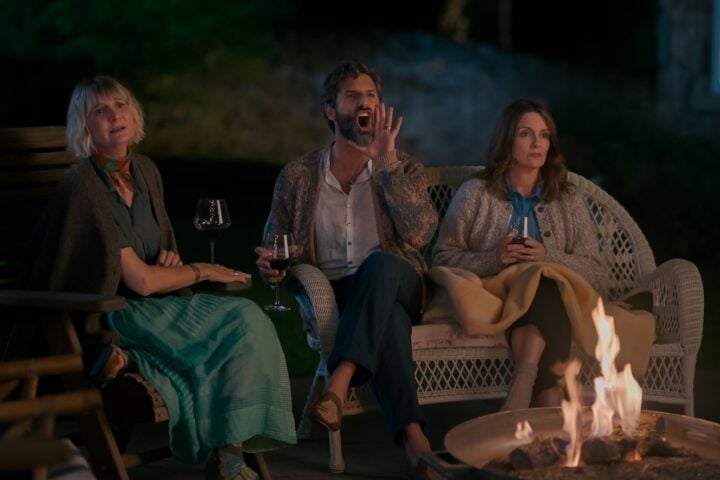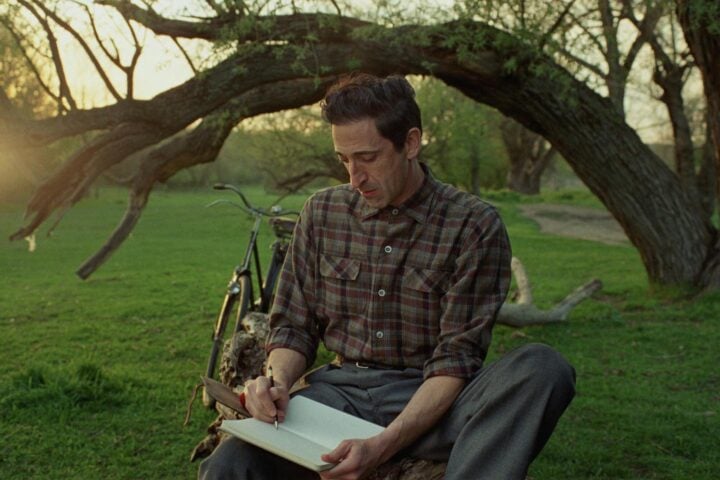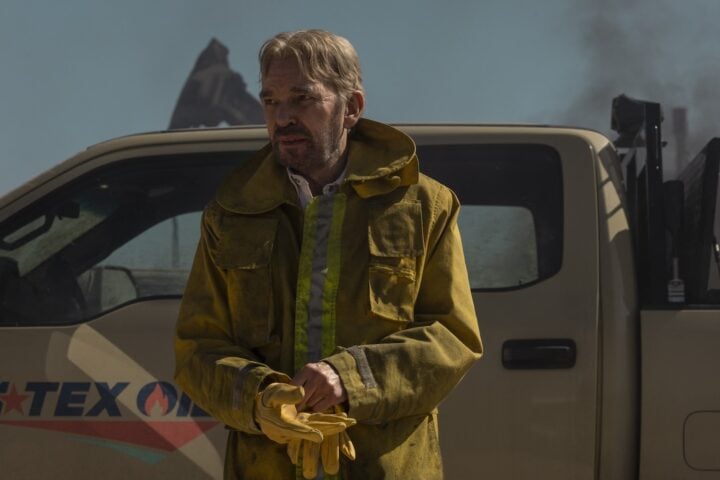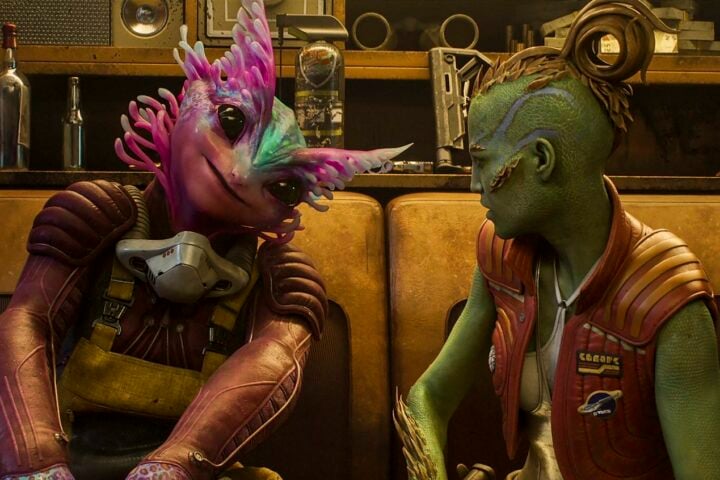Netflix’s eight-episode miniseries The Madness, created by playwright Stephen Belber, begins with Muncie Daniels (Colman Domingo) escaping the hustle and bustle of life as a high-profile media pundit to spend some time out in the Poconos. His plans for a relaxing getaway quickly evaporate when the man staying in the cabin next door turns up dead. Muncie becomes the prime suspect in a murder investigation, and he quickly finds himself on the run, desperately trying to figure out why he’s being framed, and by whom.
The Madness is at its most enjoyable when it’s in full Fugitive mode, with its protagonist trying to unravel a complex criminal conspiracy. The situation gets even more complicated when the dead man is revealed to be a member of a neo-Nazi group with connections to some seriously powerful people. From that point on, every white face becomes a potential threat to Muncie.
This racially charged paranoia puts a clever twist on the thriller genre, and the series becomes more intriguing the more we learn about Muncie—specifically, how he’s steadily separated himself from the Black community in his bid for personal success. Notably, it’s this very community he must call on for help, from his family and their friends to old allies like his father’s buddy Isiah (Stephen Mckinley Henderson).
Domingo gives Muncie a commanding physical presence, while retaining a vulnerability that never lets us forget how far out of his depth the man is. Muncie develops a rapport with Franco Quinones (John Ortiz), the affable F.B.I. agent who’s taken an interest in his case, but Muncie’s richest on-screen relationship is the one with his estranged daughter, Kallie (Gabrielle Graham), as their thorny history together is visible in even their smallest interactions.
Much like the protagonist in a psychological thriller, though, The Madness slowly loses its own sense of reality as it gets deeper into the mystery. Things become notably more far-fetched in the second half of the show’s eight episodes, especially after the introduction of an identity-shifting killer-for-hire named Julia Jayne (Alison Wright). In a way, this aligns the series with the zany ’90s thrillers it draws inspiration from (think The Fugitive’s own one-armed assassin).
More disappointing is how jumbled the show’s political commentary becomes. The villains are white supremacists and the rich white men who enable them, but The Madness pointedly presents some of the neo-Nazis in sympathetic terms, even working in an anecdote about how Quinones’s brother was radicalized by “Antifa types” and was shot by the police. It’s an artificial balancing of the scales that ultimately prevents the series, which is ostensibly about the courage to speak truth to power, from saying anything meaningful at all.
Since 2001, we've brought you uncompromising, candid takes on the world of film, music, television, video games, theater, and more. Independently owned and operated publications like Slant have been hit hard in recent years, but we’re committed to keeping our content free and accessible—meaning no paywalls or fees.
If you like what we do, please consider subscribing to our Patreon or making a donation.






Totally agree, have not completed the show but no name White Supremacist but pointing out Antifa as some armed organized criminal enterprise seems odd an agenda in my opinion. The acting is great but this was a real turn off
You have awful taste.